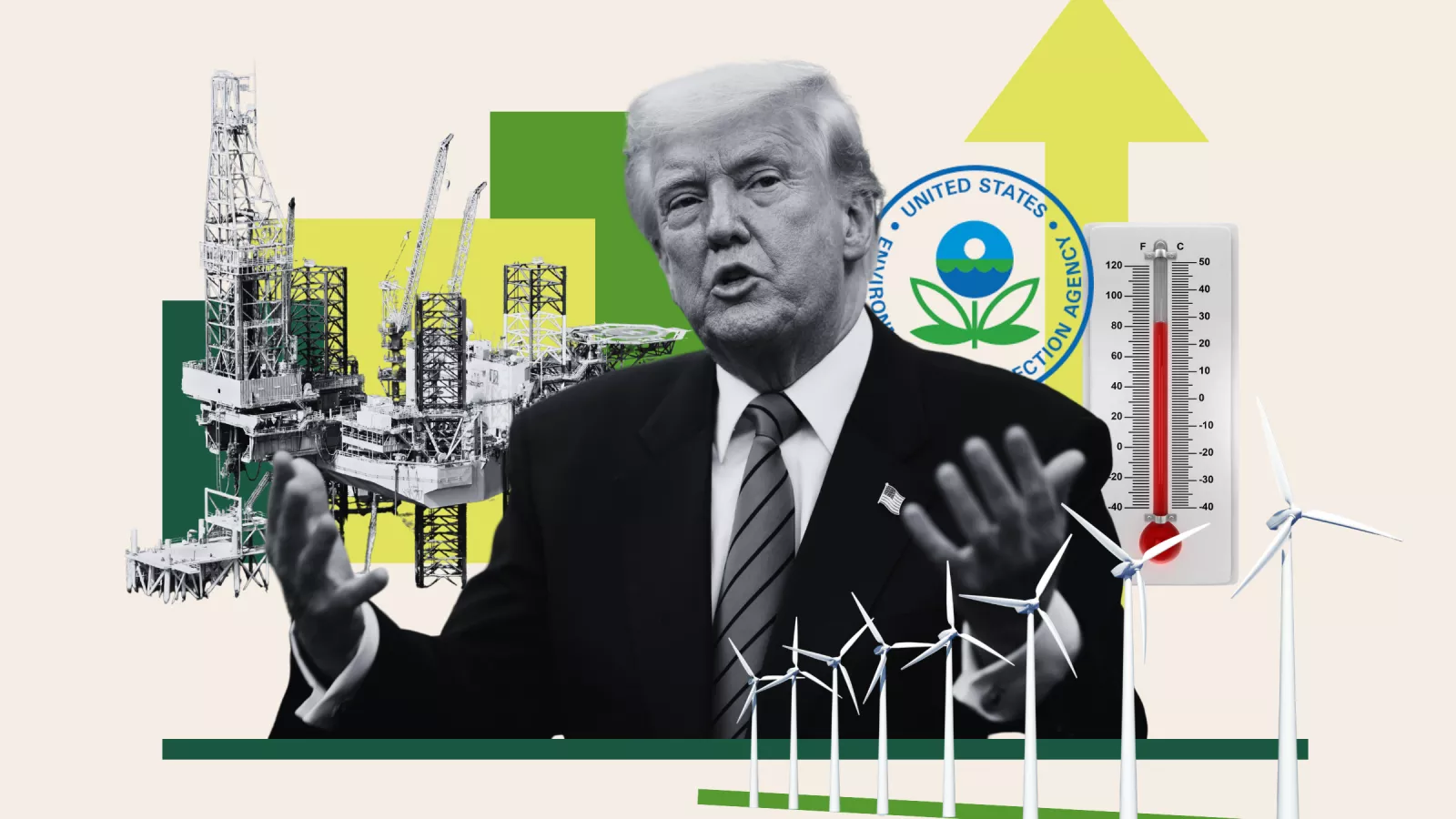Environmental Veterans Blast Trump's Controversial First 100-Day Environmental Agenda

In a powerful and unprecedented display of bipartisan concern, former environmental agency leaders from both Republican and Democratic administrations have raised alarm over what they describe as a systematic dismantling of critical climate and public health regulations. These seasoned experts, who have served across different presidential administrations, are united in their criticism of recent policy changes that they believe compromise environmental protection and public well-being.
The leaders argue that the current regulatory rollbacks not only threaten environmental safeguards but also undermine decades of scientific research and progress in addressing climate change and protecting public health. Their unified stance transcends traditional political divides, highlighting the gravity of the situation and the potential long-term consequences of weakening environmental protections.
By speaking out together, these former agency heads are sending a clear message about the importance of maintaining robust environmental standards that protect both current and future generations. Their collective voice serves as a stark warning about the potential risks of prioritizing short-term economic interests over sustainable environmental policies.
